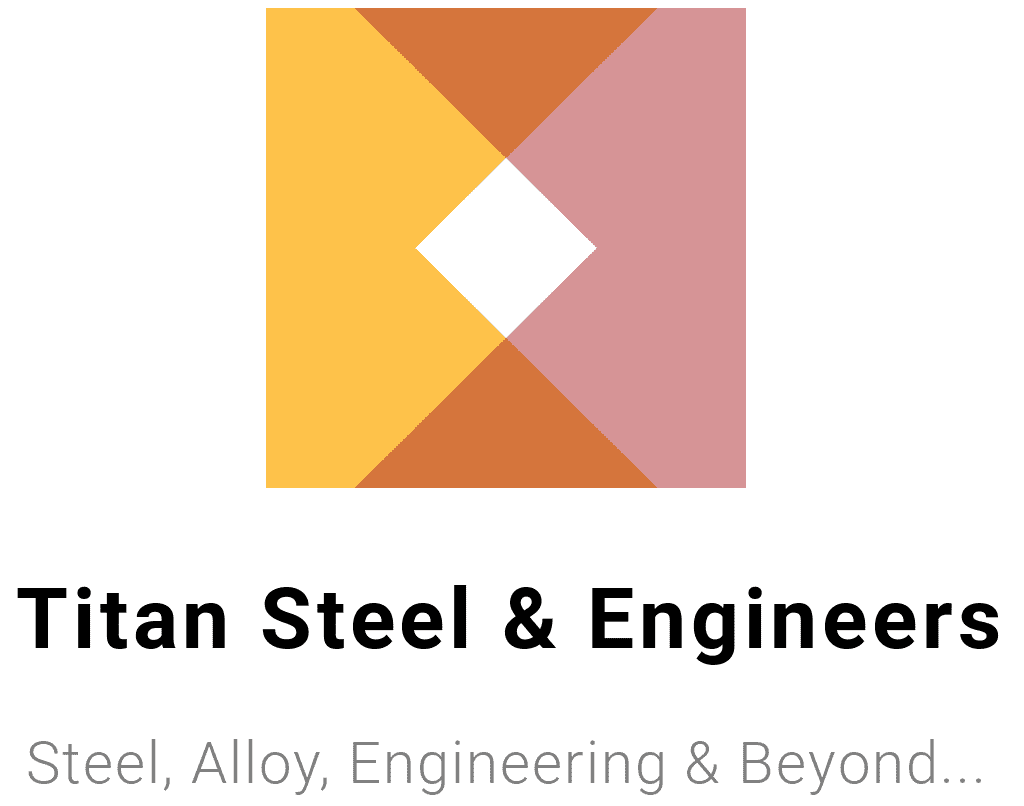Understanding the Price of Carbon Steel Pipes per Kilogram
When it comes to selecting materials for construction, manufacturing, or infrastructure projects, carbon steel pipes are often a go-to choice. Known for their strength, durability, and versatility, these pipes play a crucial role across industries. However, anyone looking to purchase carbon steel pipes inevitably asks the same pressing question: “What is the price per kilogram?”
Understanding the factors that influence the cost of carbon steel pipes is essential to making informed buying decisions. This blog will explore the basics of carbon steel pipes, the key variables affecting their prices, current market trends, and valuable tips for purchasing at the best value.
What Are Carbon Steel Pipes?
Carbon steel pipes are made primarily from carbon and iron, offering incredible strength and durability. Unlike stainless steel, they do not typically feature chromium or other alloying elements, making them more cost-effective. These pipes are widely used in applications ranging from transporting fluids and gases to serving as structural components in construction projects.
Benefits of Carbon Steel Pipes
Key advantages of carbon steel pipes include:
- Strength & Durability: These pipes can withstand high pressure, making them suitable for industrial use.
- Cost-Effectiveness: Their simpler composition makes them more affordable than alloy or stainless steel alternatives.
- Versatility: From oil and gas pipelines to construction support, their applications are nearly limitless.
- Ease of Customization: Can be easily cut, welded, and shaped to meet specific project needs.
With their broad range of uses, carbon steel pipes are valued by professionals in construction, petrochemical, automotive, and manufacturing industries.
Factors Affecting the Price of Carbon Steel Pipes
Several factors influence the price of carbon steel pipes, creating variations in the cost per kilogram. Being aware of these factors helps buyers make smarter decisions when sourcing materials.
1. Raw Material Costs
The primary determinant of carbon steel pipe prices is the cost of raw materials, particularly steel. Fluctuations in the iron ore and scrap steel market directly impact production costs. For instance, rising steel prices in global markets often lead to higher costs per kilogram for finished pipes.
2. Manufacturing Process
Carbon steel pipes are produced through different processes, such as:
- Seamless Pipes: Manufactured from a solid billet, seamless pipes are typically more expensive due to their superior strength and precision.
- Welded Pipes: Produced by joining steel plates or coils along a seam, welded pipes tend to be cheaper but may have limited use in high-pressure environments.
3. Pipe Specifications
The price of carbon steel pipes also depends on their size, grade, and specifications:
- Wall Thickness & Diameter: Larger diameter and thicker-walled pipes require more material to produce, increasing the price.
- Grade: Higher grades of steel, such as ASTM A53 or API 5L, cost more due to improved performance characteristics.
4. Market Dynamics
Global demand and supply trends have a significant impact on pricing. Increased construction activity or infrastructure projects in key markets can push up demand, driving prices higher. Conversely, an oversupply in the steel industry can reduce prices.
5. Delivery Costs
Logistics and transportation costs also influence the final price per kilogram. Shipping heavy carbon steel pipes over long distances adds to the overall cost, especially if fuel prices are high. Buying locally can sometimes mitigate these expenses.
Current Market Prices for Carbon Steel Pipes
The price of carbon steel pipes per kilogram can vary widely depending on the factors mentioned above. Recently, market prices have ranged between $0.80 – $1.20 per kg for standard grades and sizes. Here is a brief breakdown based on recent trends (as of [Insert Current Date]):
- Seamless Pipes (ASTM A106 Grade B): $1.10 – $1.40 per kg
- Welded Pipes (ASTM A53): $0.80 – $1.10 per kg
- Galvanized Carbon Steel Pipes: $1.20 – $1.60 per kg
These prices are subject to frequent changes due to shifts in raw material costs, exchange rates, and global trade policies. Buyers should consult suppliers for updated quotes before making decisions.
Tips for Buying Carbon Steel Pipes
Purchasing carbon steel pipes for your projects requires careful consideration to ensure you’re getting the best value for money. Here are some practical tips to keep in mind:
1. Understand Your Project Requirements
Start by identifying the specifications you need, including the grade, size, and type of pipe. For example, seamless pipes may be better suited for high-pressure applications, while welded pipes are ideal for lower-cost projects.
2. Check Suppliers’ Credibility
Always source your carbon steel pipes from reputable suppliers or manufacturers. Look for certifications such as ISO standards or industry-specific credentials to ensure product quality.
3. Compare Multiple Quotes
Request quotes from several suppliers to compare prices. However, keep in mind that the lowest price isn’t always the best option if quality or delivery timelines are compromised.
4. Leverage Bulk Discounts
Larger orders often come with discounted rates. If your project allows, it may be worth batching your purchases to take advantage of lower pricing per kilogram.
5. Monitor Market Trends
Keep track of market trends in steel and raw materials to identify the best times to buy. Partnering with suppliers who offer market insights can be highly beneficial.
6. Ask About Added Value Services
Some suppliers provide additional services like cutting, threading, or coating. Bundling these services with your pipe purchase can save both time and money.
Making Smart Decisons with Carbon Steel Pipes
When purchasing carbon steel pipes, understanding the factors affecting their price is crucial to making informed decisions. From raw material costs to pipe specifications, each variable can influence pricing significantly. However, by prioritizing your requirements, researching quality suppliers, and staying informed about market trends, you can secure the best value for your investment.
To ensure you get everything right on your next project, work with trusted professionals who can guide you through the purchasing process. After all, an informed decision makes all the difference.

